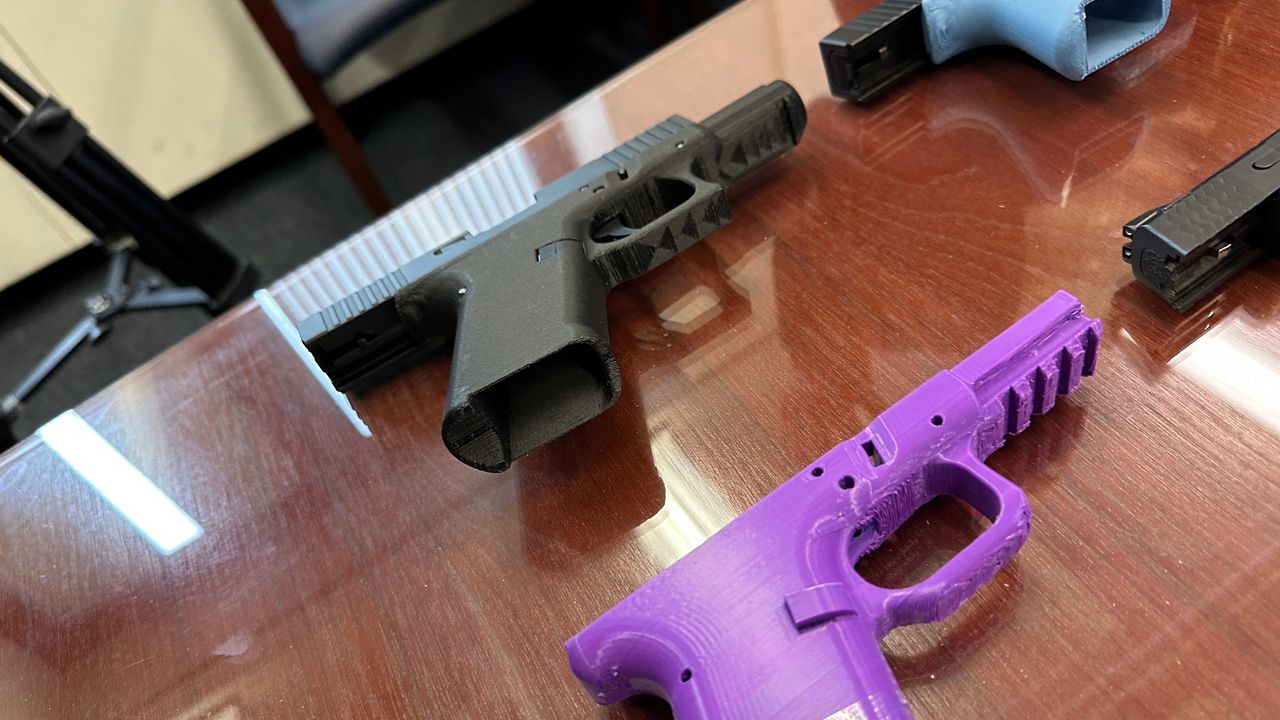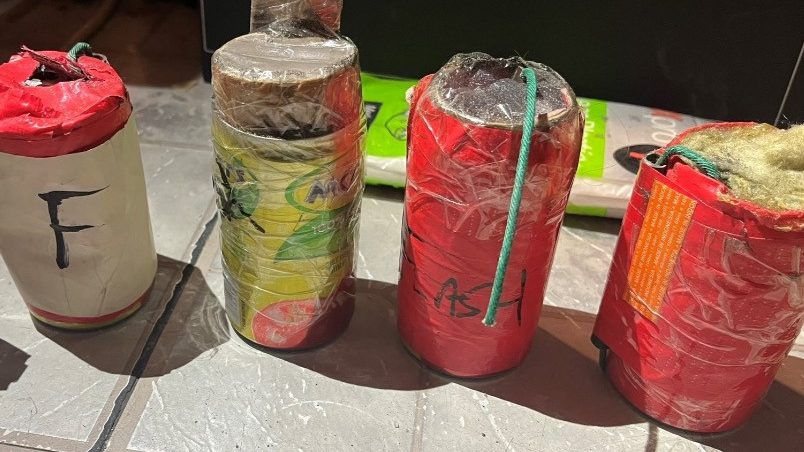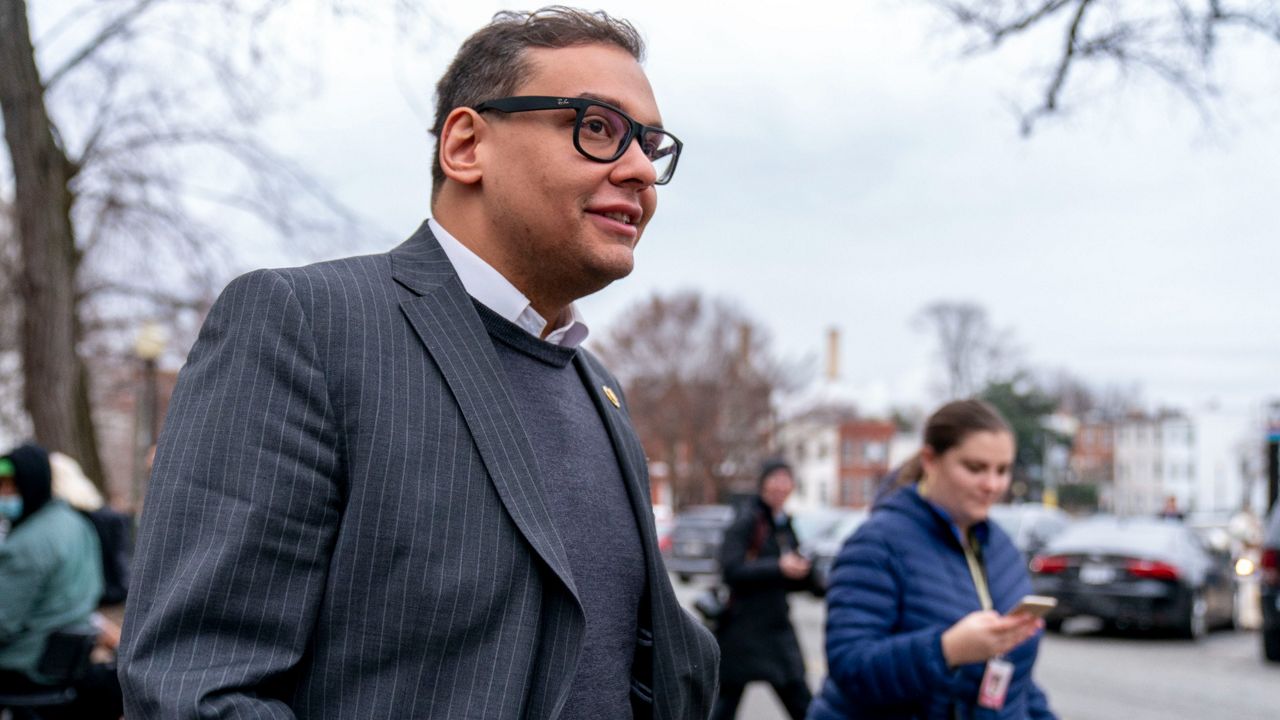Guns used in city crimes are taken to a laboratory in Jamaica to be tested, where investigators compare markings on the shell casings to casings at crime scenes.
The work here has recently become more important than ever due to the rise of ghost guns, which do not have serial numbers.
Casing markers recorded in the Queens lab provide the only way to track those guns.
What You Need To Know
- Guns retrieved at city crime scenes are brought to a lab in Queens to be investigated
- Because ghost guns do not have serial numbers, they are difficult to trace
- Inspector Courtney Nilan started the Major Case Field Intelligence Team three years ago
- The NYPD reports a near 60% increase in ghost guns seized on the streets for two years in a row
The NYPD reports a near 60% increase in ghost guns seized on the streets for two years in a row.
In 2020, the NYPD recovered 150 ghost guns. In 2021, cops seized 263, and last year, 463 ghost guns were recovered.
"We feel that these individuals with guns in their hand can cause the most damage to New York City," said Courtney Nilan, who heads the NYPD’s Field Intelligence Program.
Nilan developed the Major Case Field Intelligence Team three years ago.
"We have kind of been in the forefront of training multiple police departments, both domestically and internationally, on identification of ghost guns, on how to take part in these ghost gun investigations," Nilan said.
Ghost guns are assembled by people at home, without a background check or license. The parts are bought online or made by 3D printers, and they do not have serial numbers, making them difficult to trace.
Nilan says charging retailers is difficult because they are located outside of New York. In the last few years, her unit has monitored at least 150 online retailers selling gun parts.
"Ordering a ghost gun online, the price has dropped because more of these sites have popped up that are selling them," Nilan said.

New regulations aim to stop to the flow of ghost guns.
In 2019, New York state passed a law requiring serial numbers on all gun parts. Last month, the Supreme Court temporarily restored a 2022 rule requiring that same protocol at the federal level.
"What the Supreme Court is actually saying, any part of a firearm requires a serial number. Therefore, it would automatically trigger a background check," said Felipe Rodriguez, a law, police science and criminal justice professor at John Jay College of Criminal Justice.
Rodriguez says that federal and state regulations need to be in sync.
"We're not seeing that cohesiveness, and these laws need to be put in the same way," Rodriguez said.
Nilan says ghost guns are so similar to legal firearms, so it is difficult ot tell them apart. Nilan adds that retailers use deceptive sales tactics.
"If you sell guns, you will know by the visual that those parts are gun parts and not something such as wind chimes or something such as a coat hanger holder," Nilan said.
Over the past three years, Nilan says her unit executed 110 search warrants and arrested 95 people in 120 investigations.








